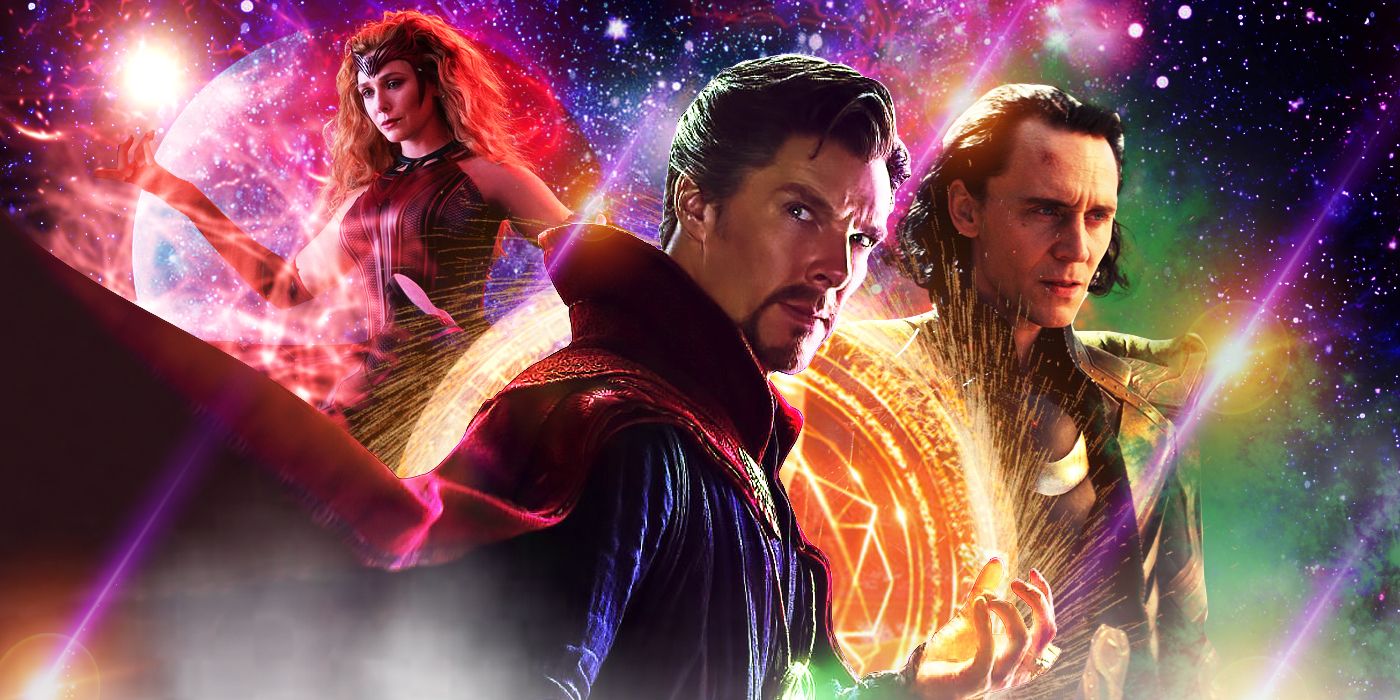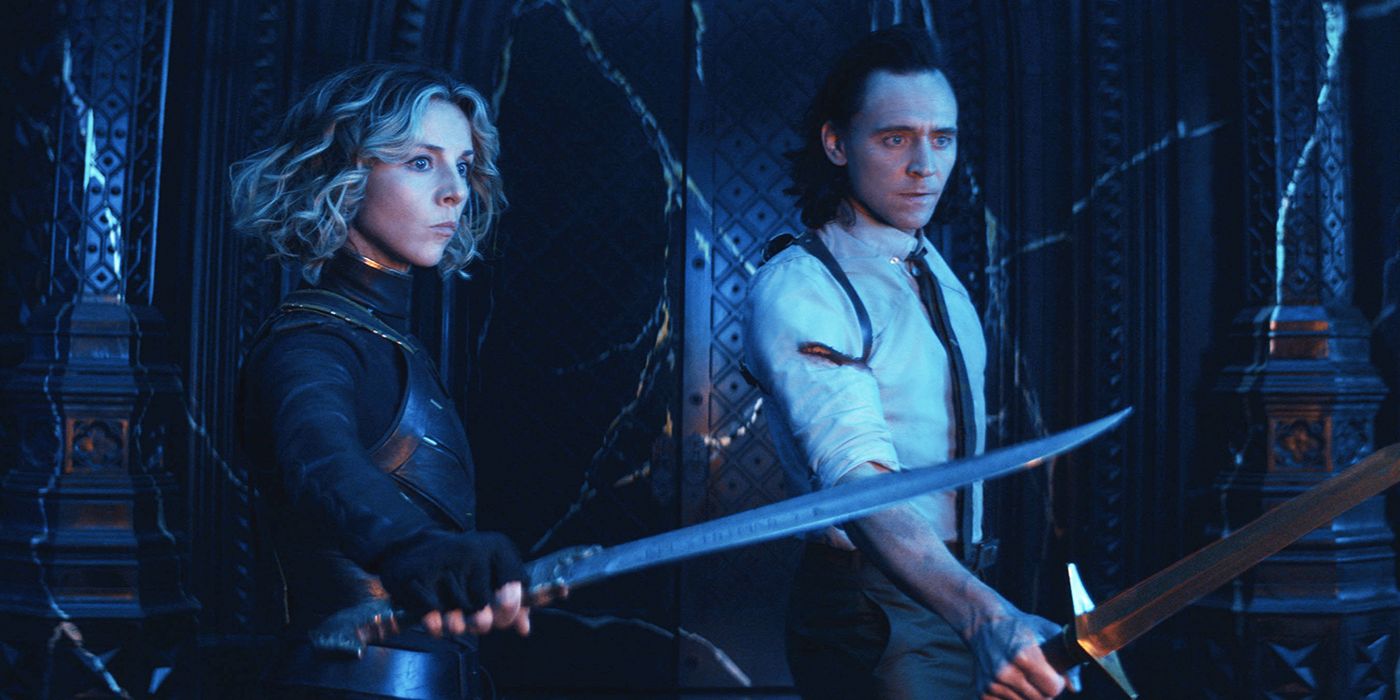[Editor’s Note: Spoilers ahead for the season finale of ‘Loki’]
Up until the season finale of Loki, “For All Time. Always.” I felt that the latest MCU series was also its strongest by putting a strong central relationship at its core and forcing one of the MCU’s long-time villains to go through some deep personal changes. However, the finale largely sacrificed that so that a new character, Kang (Jonathan Majors), could explain the larger “gambit” at the heart of the MCU: keep a dictatorial rule over the timeline in order to prevent chaos, or let chaos reign with countless Kangs coming out of the woodwork to start a multiversal war.
At this point, one could argue that the character arcs between Loki (Tom Hiddleston) and Sylvie (Sophia Di Martino) came to a head, and two characters who loved each other hit a fracture point. Sylvie was too consumed with her need for revenge, while Loki wanted to maintain some kind of order so that he didn’t lose Sylvie. It’s very sweet, and it tries to put the series’ larger destiny/free will debate into personal stakes, which I respect. On the destiny route, you have Sylvie fulfilling her “purpose” and in the free will side, you have Loki rejecting his destiny of a “throne” in exchange for love, even though that love will not give him a throne, but instead require him to take one in order to hold on to the person he cherishes the most.
But pound-for-pound, the finale wasn’t really about that, which is a shame. It felt like all the Loki character stuff was provided in the previous episode, “Journey into Mystery”, and that the finale had to do the universe-building stuff that the MCU requires. And to be fair, Majors did it with aplomb. The show introduced an entirely new character, and he won us over with a delightful performance that makes us want to see more of him, and we’re clearly going to since he not only openly rules the TVA in whatever timeline Loki ended up in, but he’s also in the upcoming Ant-Man and the Wasp in Quantumania, which is due out in 2023 and will hopefully be the first Ant-Man movie that doesn’t feel completely disposable.
This concept of pushing out the main character to do universe-building is a recurring problem in the MCU going back to Iron Man 2, but it was a shame to see it happen in Loki, which had really mined its protagonist’s personality while still doing some terrific world-building around him. “For All Time. Always.” flipped that script by putting the world-building first and forcing Loki to catch up. For an episode that was largely about people talking in rooms, the one doing most of the talking was Kang, and that didn’t feel like it should be the culmination of the first season of a show called “Loki”.
Of course, the show also confirmed that a second season is on the way, although who knows when that might arrive. Marvel shows are subject not only to production schedules, but also to where they have to unfold in the larger MCU story. Given that Loki was announced in 2018 but wasn’t even scheduled to premiere until 2021, it’s possible that this second season doesn’t arrive until 2024. And sure, this season left a lot of balls hanging in the air with every main character still having a story to tell. But you can still have a cliffhanger while providing dramatic resolution. Unfortunately, Loki chose to set the stakes for the larger MCU while losing sight of what those stakes meant for its title character.


